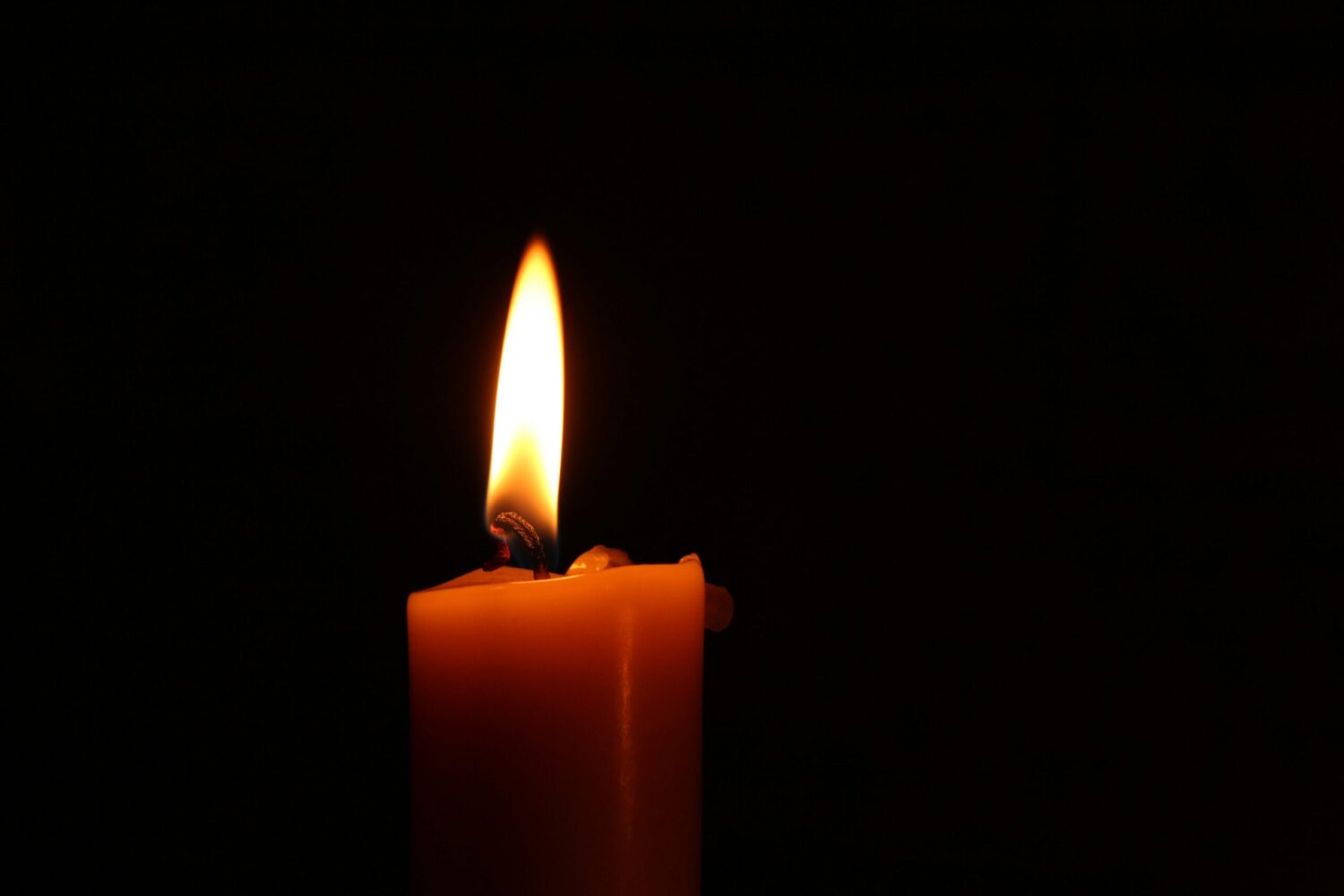Whatever that was, and I suspect we will never know the true cause, it should never have happened. And yet, I predict it will happen again.
That which I speak of, although my misgivings this week could be directed at any number of challenges to our wellbeing in modern society, is what might become known as ‘The Great Iberian Outage of 2025’; the sudden and grave loss of grid electricity to the entire country of Portugal, all of neighbouring Spain, parts of France, with other smatterings of electrical shortcoming, should all of the Iberian peninsula not be ‘shocking’ enough for anyone to come to terms with.
Our peninsula alone is home to over 50 million humans, who did their best to muddle through this extraordinary situation, which thankfully began in the daylight on a beautiful sunny, Spring day. I became aware of the fact when a friend in Lisbon called me, before mobile comms became near impossible, asking that perennial question, immortalised in our insane times by Motown’s Marvin: “What’s going on?”
For my curious mate, who has me as his go-to guy when anything out of the ordinary happens here, the rapidly emerging and bizarre scenario was an urban meltdown with traffic light failure, a vehicular standstill and ensuing mysterious chaos. All this, just after 11.30am, when my first sense of it was when we lost access to the internet.
My primary response, at that point, was to assume the usual more local loss of power, which I assumed, based on quite recent experience, would be put right fairly quickly.
In the absence of my principal tool of my trade, this that I am using now – a computer linked to the internet – I took the opportunity to walk my dogs, encountering confused neighbours (and making the acquaintance of new ones), as I progressed up the street towards open space, trees and canine relief, in the very welcome sunshine.
On returning home, and realising the national scale of the incident, prompted by my pal, I did what I have become accustomed to doing in Portugal when disaster and uncertainty strike, which was to spark up a live stream on YouTube and Facebook. This in an attempt to understand the situation, assist people with information and offer suggestions to ensure their safety – based on what can be gleaned from whatever sources on the web. I did this during the Covid era, when the wildfires struck last year, and now on this oddest of days, when the latest ‘unprecedented’, new-normal event was unfolding.
A picture of widespread chaos emerged quickly, based largely on the input of hundreds of mainly strangers who responded to my hastily arranged transmission using the improvised tech of a (thankfully) fully-charged laptop, and internet connected via a mobile phone ‘hotspot’.
Speculation understandably arose with suggestions of a cyberattack, full-on apocalypse, as well as rumouring on the geographical impact, but mainly the indication of a gross electrical failure on a scale and impact unknown by any of my viewers and correspondents in their lives so far, at least in this country and its neighbour.
Whilst I was ‘on air’, the family here filled the bathtub with water and checked the emergency supplies, which you may recall I wrote about only a few weeks ago, prompted by European bureaucrats and their suggestions of disastrous happenings that may last, somewhat suspiciously, around 72 hours – a number which returned to this day’s event as if by ‘reticular activation’. And this was the most remarkable and differentiating factor, to me, of this situation: the suggestion that whatever it was, and whatever its cause, this might last for days.
Live-streaming done, and now well and truly up to speed with what was happening in the bigger picture, I set about domestic preparation and response: chopping wood to power up my hi-tech mini-stove that would simultaneously cook lunch, and charge up my battery pack via usb, whilst the pasta boiled, and tins of fish were located and opened. None of this I needed to do, as the gas to our regular kitchen was unaffected, but it seemed a spontaneous display of alpha-male capability might have a reassuring effect on my small and excited tribe of five.
More generally, as I was to discover on my bicycle some hours later, the Portuguese people (at least in my seaside town) responded brilliantly. When faced with a total ‘blackout’ of unspecified duration, they realised very quickly that in nearby cafés ice cream was melting and beer was warming up.
In a spontaneous act of civic duty, and without pausing to think of the personal cost, selfless citizens fled their homes in an effort to save local cafés from commercial catastrophe, turning the seafront and beach into an impromptu continuation of the previous Friday’s revolutionary celebrations.
As I surveyed the scene, I noticed a mixture of darkened, closed shops and gas stations (mainly corporate) alongside others also in darkness (mostly independently owned) battling on and presumably offering credit or taking cash. It seems, in the end times, the Chinese shops will be there to serve us, even if the ATMs are dark, a first for me in all my nearly 60 years.
Having assessed it as safe to do so, we as a family spent the rest of the afternoon on the beach, having our first dip of the year, ‘making a memory’ as people say, and returning home in anticipation of candlelit dinner and board games.
I am pleased to say ‘us lot’ coped well with our enforced digital detox and later welcomed friends from the neighbourhood, who arrived just after power was restored, to share wine, cheese, and opinions on the cause and consequence of this weirdest of days.
For me, this trans-peninsular outage was outrageous. Something on this scale, causing such chaos and uncertainty, is utterly unacceptable in what we consider to be an advanced culture.
The government, local and continental, were, and still are, left wanting. High taxes and civic participation in an assumed social contract should – to my mind – assume the absence of such immeasurable incompetence and vulnerability.
What we got was the result of the worst extremes of political and corporate centralisation and self-interest. Again. But this time on a scale too great to forgive and forget. How many more times do we need to be on the receiving end of such contrived fallibility, to realise that this toxic combination is lethally hostile to our long-term human survival and wellbeing.
I will, if invited back next week, offer some of my more usual positivity and practicality. And for the time being, ask your forbearance regarding my ire and negativity on this terrible matter, which thankfully the people dealt with so admirably with their ‘desenrascar’ (look it up), but should never have had to face in the first place.




















